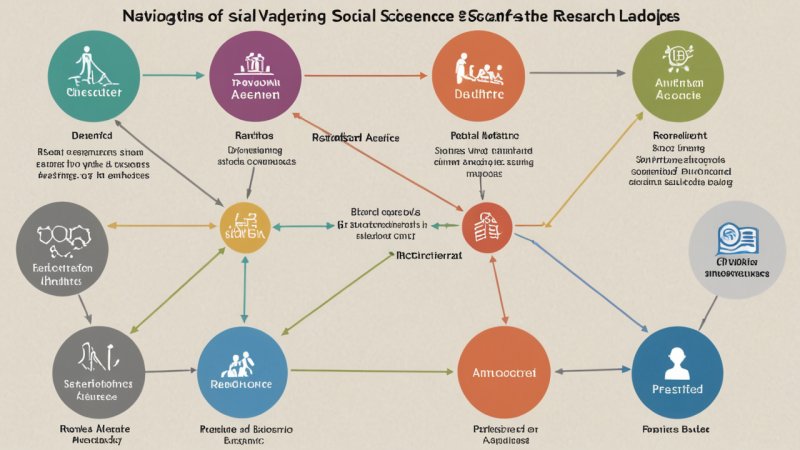Effective social science research is essential for unraveling the complexities of human behavior and societal interactions. This field encompasses diverse disciplines, including sociology, psychology, economics, and political science, each offering unique insights into human dynamics. To conduct impactful research, scholars and practitioners must adopt structured methodologies that can yield reliable and relevant results.
The journey of social science research begins with the identification of a pertinent research question. A well-defined question provides direction and focus, guiding the researcher through the subsequent steps. It is crucial to ensure that the question is not only relevant but also capable of contributing to existing knowledge. Following this, conducting a literature review allows researchers to survey previous studies and understand the current state of knowledge, helping to refine their questions further.
Choosing the right research methodology is a pivotal step. Social scientists can opt for qualitative, quantitative, or mixed-method approaches based on their research questions. Qualitative research, which includes methods such as interviews and ethnography, offers rich, contextual insights into human experiences. In contrast, quantitative research employs structured surveys and statistical analysis to uncover patterns and relationships within numerical data. Selecting an appropriate methodology that aligns with the research goals is essential for producing meaningful findings.
Data collection is a critical phase in social science research. Researchers need to be mindful of ethical considerations, such as participant consent and confidentiality. The integrity of the data collection process directly impacts the credibility of the research. For instance, qualitative researchers must create a supportive environment that fosters open dialogue, while quantitative researchers should design surveys that are clear and unbiased to ensure accurate responses.
After collecting data, the next task is analysis. In qualitative research, this often involves identifying themes and drawing connections between different responses, while in quantitative studies, statistical tools are used to analyze numerical data and test hypotheses. Researchers should remain objective throughout the analysis process, ensuring that their interpretations are grounded in the data collected.
The final step is disseminating the findings. Effectively sharing research outcomes is crucial for ensuring that the insights gained can inform policy, practice, or further studies. Researchers should aim to write accessible reports, articles, or presentations that convey their findings to both academic audiences and the general public. Engaging with communities through outreach can also amplify the research's reach and relevance.
In summary, effective social science research requires a clear focus, appropriate methodology, ethical data collection, rigorous analysis, and thoughtful dissemination of findings. By following these steps, researchers can enhance their contributions to understanding social behavior and contribute to the betterment of society.
Navigating the Social Science Research Landscape
Explore the essential steps in conducting effective social science research to unravel the complexities of human behavior and societal interactions.






